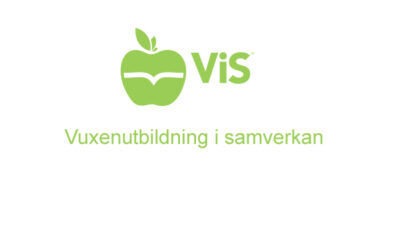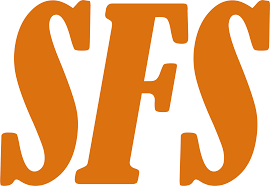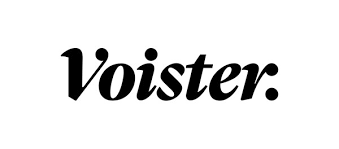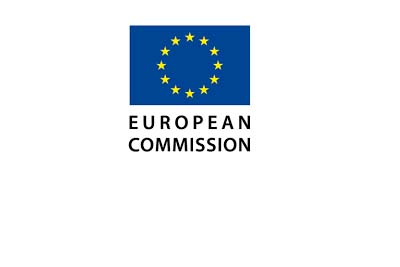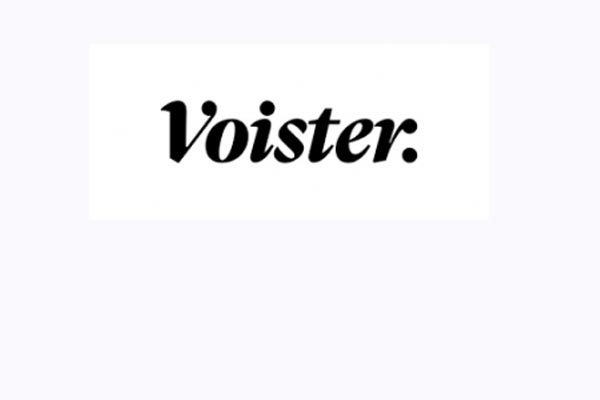I would like to begin by saying that it is an honour for me to be a part of this project. The other participants are all experts with a long dedication to digital education and it would be easy for me, as a student, to feel I would have little to contribute to this discussion. However, I do not believe that. I do not possess the depth of knowledge or the experience that the other participants have, but I have another perspective, an important perspective; the student’s perspective. I think that it is very important to include the students more and let them have a say in this potential reformation of the education system, as it is the students who are the final consumers and it is the students who will ultimately benefit.
The world we live in is changing faster and faster every year and new ways to interact and communicate are rapidly emerging. The way young people look at problems and find solutions are changing as well. Younger generations have grown up with computers and the Internet, and the way they are used to pick up and process information is not necessarily the same as that which older generations are used to and expect. In this changing world the education system needs to change as well. Digital resources must be utilised more and new technology must be implemented and used in education.
Läs hela blogginlägget här




